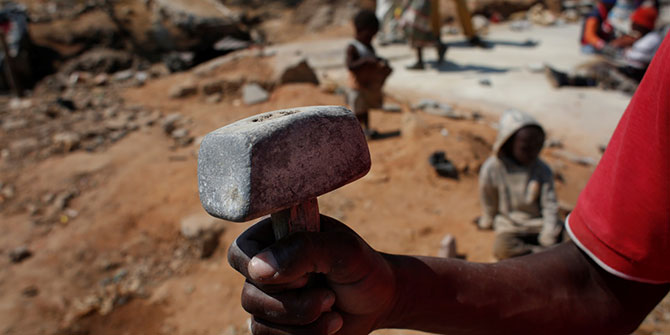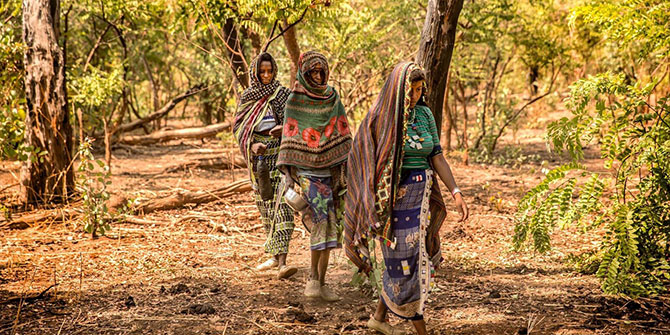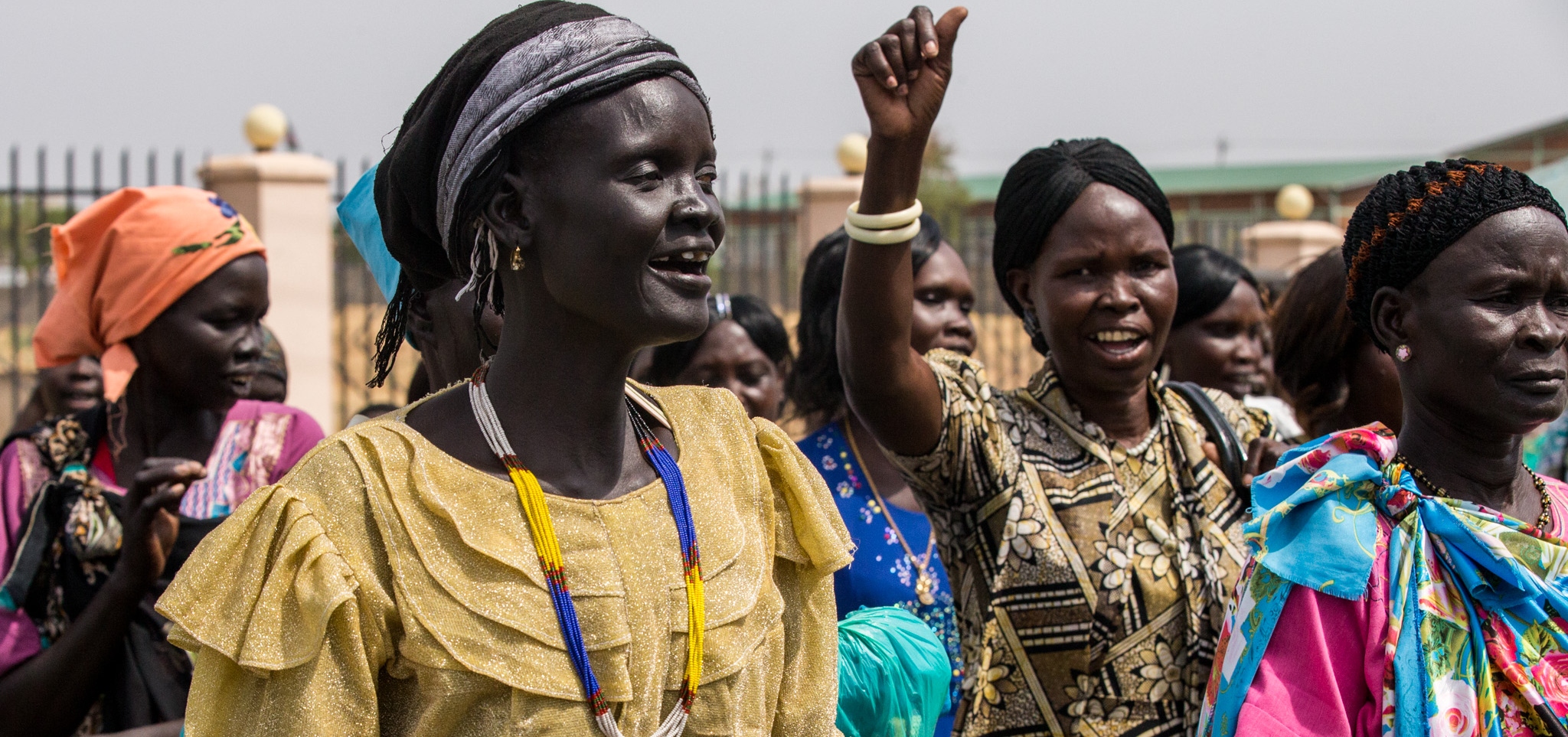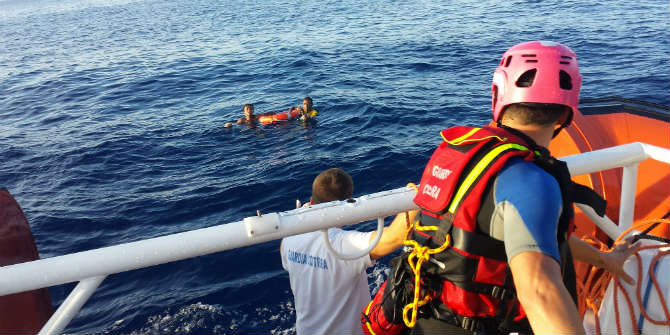After a recent lecture at LSE by Angelino Alfano, the Italy Minister of Interior, Barbara Sarrionandia presents the Italian view of the current migration crisis.
Migration is one of the most challenging issues currently facing European Union leaders. This is an incredibly divisive subject, one which is affecting the life of thousands of people. News bulletins relate the horrors experienced by victims ranging from war, economic crises to terrorism. A record 710,000 migrants reached European shores by boat since the beginning of 2015, while another 3,000 died at sea. For the European leaders, these numbers are alarming, while the positions taken by the members of the European Union, whose Dublin Regulation and Schengen open-border agreement and its implications have played an important role in the development of the events.

In harmony with this narrative, the Minister of Interior of the Italian government, Angelino Alfano, offered an inspiring speech on Tuesday, 13 October at the Old Building at LSE. Mr Alfano started by recounting terrorist threats of recent times, such as the al-Qaeda attacks in the United States of America (USA) on 9/11/2001, Boko Haram in Nigeria and ISIS in Iraq and Syria. He underlined the importance of the courage that is needed ’to be Charlie’, to fight against fear; which means to fight for freedom (something that sometimes we take for granted but do not realise that we have until we lose it). The minister argued that the states of the EU cannot be merely spectators of this tragedy, because Europe as a whole must contribute to the resolution of this crisis due to the fact that the future is being decided now, and up till now, Europe’s performance has been a failure.
Are European countries giving due importance to this issue? According to the Italy Minister, the first steps towards the resolution are being taken with the relocation of some refugees (something described by Mr Alfano as “part of the solution”, because migration is a global challenge, and among other measures, home countries should do more than they are currently doing) and the celebration of the Migration Summit of La Valletta, which will take place on 11 and 12 November.
On the other hand and as a result of this crisis, the Italian warned against the exploitation of this issue by the populist parties who take advantage of the situation and capitalise on the population’s fears (generating radical behaviour such as xenophobia). Mr Alfano also pointed out the necessity of eradicating the criminal gangs who profit from people’s misery and highlighted the importance of the human duty of not letting people die.
Is there a widespread awareness of this problem? Probably citizens are starting to get used to see violent images on TV related to migration; how could we erase from our minds the shocking picture of Aylan Kurdi, the Syrian three-year-old Syrian boy whose body appeared on the Turkish seashore, or the abandoned truck full of dead bodies in Austria? The stories behind the photographs either get all the attention or none at all.
As Mr Alfano underlined, the solution must be taken by the European Union as a unit. As he said, “If we work together, we can win”. And it is urgent, because the future is being decided now.
Barbara Sarrionandia is a Masters student at LSE.
The views expressed in this post are those of the author and in no way reflect those of the Africa at LSE blog or the London School of Economics and Political Science.





